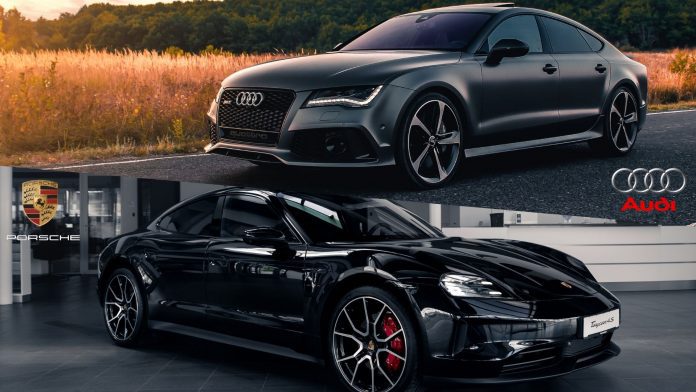Volkswagen is considering relocating the production of its Porsche and Audi electric vehicles (EVs) to the United States in response to potential new tariffs on European imports, as proposed by former President Donald Trump. This decision comes after a period of declining global deliveries and the looming threat of 25% tariffs on imports from the European Union, Mexico, and Canada.
In 2024, Volkswagen’s global deliveries fell 2.3% to just over 9 million units. The group’s EV sales, which include Porsche and Audi models, also declined by 3.4%, dropping from 771,100 units in 2023 to 744,800 units.
While the company saw growth in China, with EV deliveries up by 8.3%, it faced challenges in Europe, where it still holds the largest market share for battery electric vehicles (BEVs) at approximately 21%. In the United States, Volkswagen’s only EV, the ID.4, suffered a 55% drop in sales due to a recall and the introduction of an updated model. Porsche also faced difficulties, with Taycan sales falling by 20%, although it began delivering the electric Macan in late 2024.
To mitigate the impact of higher tariffs on its luxury brands, Volkswagen is considering expanding production in the U.S. A report from Germany’s Handelsblatt indicates that the company is exploring new production sites for Porsche and Audi EVs. Currently, all Porsche and Audi EVs are manufactured outside the U.S., making them vulnerable to tariff increases.
Sources suggest that Volkswagen may expand its existing plant in Chattanooga, Tennessee, where the ID.4 is currently produced. Additionally, Audi EVs could potentially be manufactured at a new facility in South Carolina, initially intended for the Scout brand—a rugged electric SUV and pickup truck set to launch in 2027.




